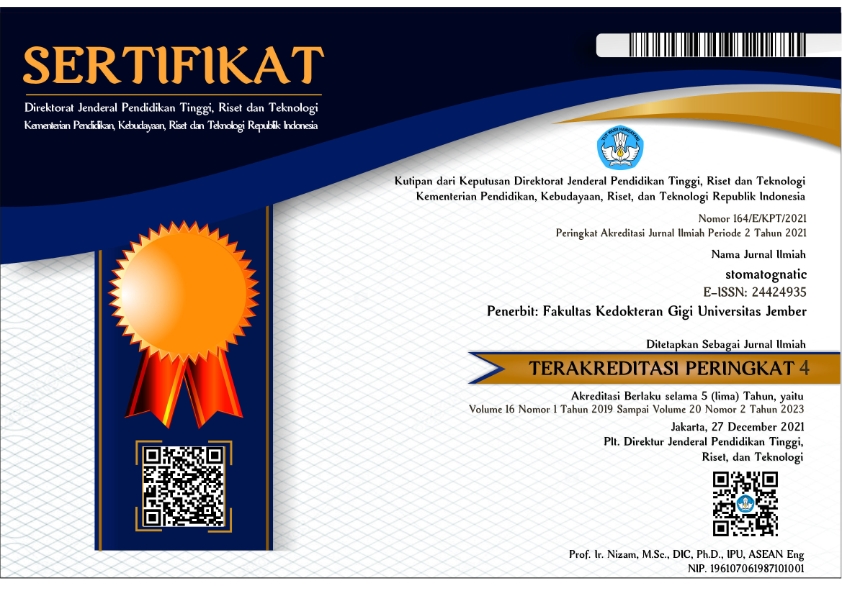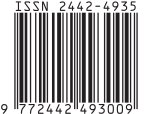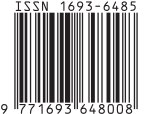ANALISIS KESESUAIAN PENGGUNAAN ANTIINFEKSI PADA INFEKSI OPORTUNISTIK PASIEN HIV/AIDS RAWAT INAP DI RSUP DR. SARDJITO YOGYAKARTA
Abstract
HIV / AIDS patients are prone to get opportunistic infections because of their low immunity level. The unappropriate treatment of opportunistic infections may result in morbidity and mortality. The research was carried out to analyze the use of anti-infective in the hospital. The study used a non-experimental and descriptive methods retrospectively from patient medical records. A total of 79 patients who met the inclusion criteria were analyzed descriptively. Suitability analysis based on the CDC and WHO guideline. Suitability analysis of drugs according to WHO and CDC in the case of TB / tuberculosis, candidiasis, pneumonia, PCP / Pneumocystis carinii pneumonia, (hepatitis C, toxoplasmosis, hepatitis B, meningitis, CMV infection / Cytomegalovirus consecutively were 95.2%, 96.8%, 64.3%, 81.8%. Suitability candidiasis dose and frequency according to the CDC : nystatin: underdose (81.8%), overdose (2.3%); fluconazole: appropriate dose (20.5%), underdose (4.5%), overdose (72.7%); itraconazole: underdose (100%), according to WHO: nystatin: appropriate dose (40.9%), overdose (43.2%); fluconazole: appropriate dose (50%), underdose (50%); ketoconazole: appropriate dose (100%). Suitability choice of drugs on pneumonia, according to the CDC: beta-lactams (78.6%), macrolides (100%), quinolones (50%). Suitability of doses and frequency of the PCP: cotrimoxazole, underdose (100%).







